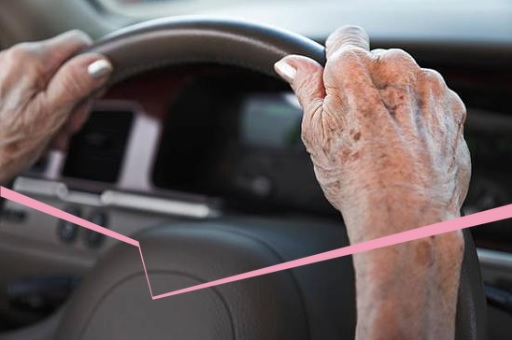Related services
Our other services for care & capacity clients include:
TALK TO LODDERS’ LEGAL EXPERTS
Primary contacts
Lodders’ skilled and sensitive team has a wealth of experience in helping clients and their carers to navigate the future, with expert advice and understanding throughout.
RELATED NEWS
News, events, and insights that may be of interest.
FAQS
Questions answered
Not sure that this is the service for you? Take a look at some of our frequently asked questions for more information.
A lasting power of attorney (LPA) is a legal document which allows you to give another person (your attorney) authority to make decisions on your behalf. Previously, if you wanted to appoint someone to look after your property and finances, you could prepare an enduring power of attorney (EPA). From the 1st October 2007, no new EPAs can be prepared, and if you wish to appoint an attorney to make decisions on your behalf you need to prepare a new type of power of attorney, a lasting power of attorney (LPA).
There are two types of LPA, one in respect of property and financial affairs, and one in respect of health and welfare decisions.
The 'Court of Protection' is a specialist court that makes decisions on individuals seeking permission on handling/representing someones medical welfare, finances, property, etc (also known as a deputy).
A 'Court of Protection Application' is how an individual would apply to become someones deputy.
A 'Court of Protection Deputyship' is where a specialist court has elected an individual to stand as someones deputy. This deputy then can make decisions on behalf of that person, including but not limited to medical welfare, finances and property.
A deputy can also take action on setting-up Lasting Powers of Attorney (LPA) and Enduring Powers of Attorney (EPA) if required.
The ‘Preparation of Advance Decisions’ allow an individual to set-up specific answers to possible future medical & healthcare questions or scenarios in the event that they may not be able to provide the responses themselves at the given time.
If the attorneys are appointed on a ‘joint and several’ basis, then only the bankrupt attorney loses their authority. If, however, the attorneys are appointed ‘jointly’ then none of them will be able to act. The LPA may name replacement attorneys, and in that case, it would be the replacement attorneys who are able to act for the donor going forward.
This varies depending on who is carrying out the capacity assessment and the purpose for which it is needed. Some GPs are able to provide a brief letter regarding capacity for £120, in other cases an independent social worker may need to be involved, and that could cost £450. If detailed assessments are required or the matter may end up in court, then we would ask someone like Dr Kuruvilla to quote for work before arranging any meetings.
Yes, it is possible for you to have both sorts of LPA in place. I have found over the years that the financial LPA is the one that clients tend to think about first, but there has been a steady increase in people making welfare LPAs too. It all depends on your circumstances, but you can absolutely have both types of LPA in place. You can appoint the same people as your attorneys in each document, or have different people to make decisions about your care and your money.
Not only is choosing a long-term care or nursing home a very important decision, the worries about funding this choice can be daunting.
Lodders’ team will help you to understand the choice of homes available and how you can fund them. This includes researching your eligibility for fully-funded NHS care, for which many clients have been told, incorrectly, that they do not qualify. We can help you to challenge these decisions.
Our specialist team is made up of experts in helping clients and their carers to manage the legal issues that affect them. We also understand that planning for the future means preparing for the unexpected.
Simply click the ‘Get in touch’ button at the top this page or visit our contact page link below.









